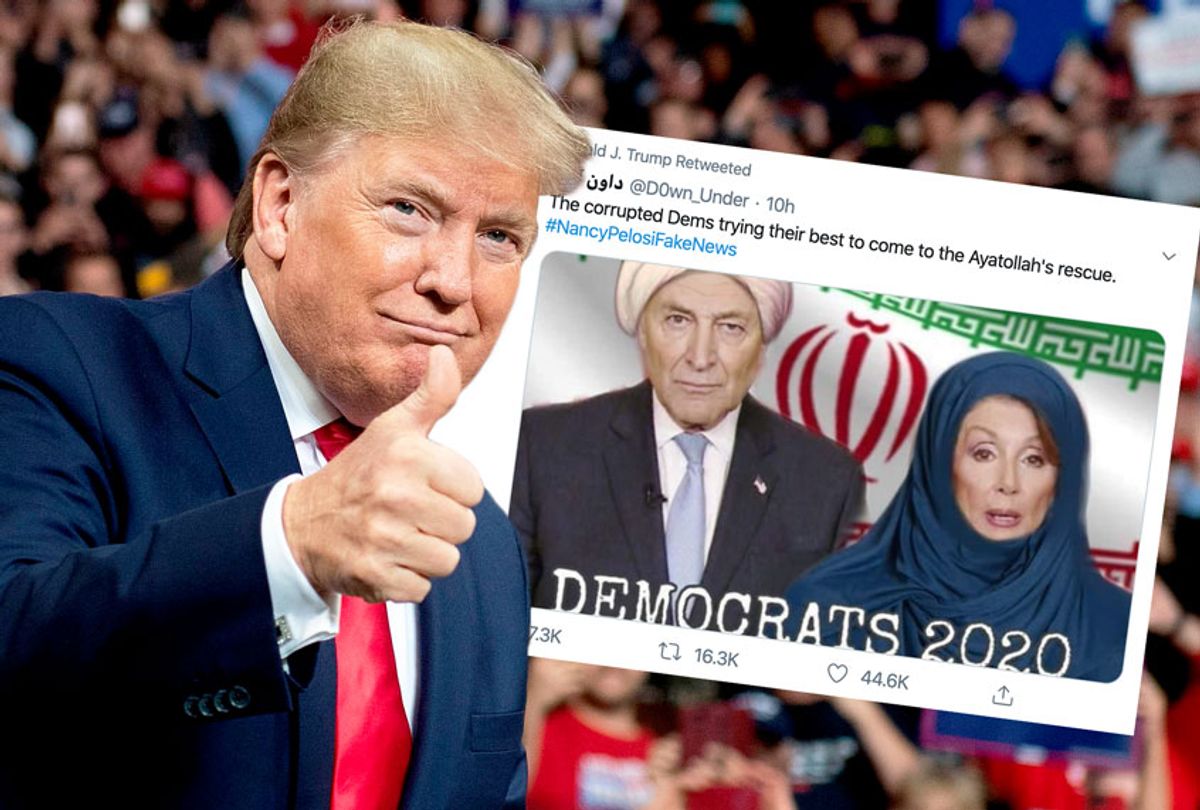President Donald Trump has made a formal request to the United States Supreme Court to reinstate his legal ability to block users on social media.
U.S. acting Solicitor General Jeffrey Wall filed a motion on Trump's behalf to the High Court on Thursday, arguing that a lower court's ruling last year requiring the president to unblock several Twitter users was improper. Wall argued in his petition to the Court that Trump's account is a personal one, not used for official business, and thus he has the same rights as any other account to utilize the blocking functions that Twitter affords to users.
"President Trump's ability to use the features of his personal Twitter account, including the blocking function, are independent of his presidential office," the brief to the Supreme Court read. "Blocking third-party accounts from interacting with the @realDonaldTrump account is a purely personal action that does not involve any 'right or privilege created by the State.'"
The petition further alleged that the decision from the lower court, if left to stand, may result in future presidents not utilizing their social media accounts in a way that would benefit the American people.
"Denying him the power to exclude third parties' accounts from his personal account — a power that every other owner of a Twitter account possesses — would deter holders of his Office from using new technology to efficiently communicate to a broad public audience," the brief read.
A three-judge panel unanimously ruled in 2019 that Trump did not have the right to block users on the social media platform, agreeing with a separate court ruling one year prior that the president's account wasn't personal because he used it to make official pronouncements.
"We conclude that the evidence of the official nature of the account is overwhelming," Judge Barrington Parker, writing the unanimous ruling of the court, said. "We also conclude that once the president has chosen a platform and opened up its interactive space to millions of users and participants, he may not selectively exclude those whose views he disagrees with."
In order for the Supreme Court to hear the case, a writ of certiorari from at least four of the nine sitting justices must be granted. It's unclear whether the Court will agree to hear the case or not at this time, but whatever choice they make will likely shape First Amendment protections on the internet, including the right of users on social media to petition government leaders in the U.S., for years to come.
Jameel Jaffer, executive director of the Knight First Amendment Institute at Columbia University, which originally won the case on behalf of Twitter users to limit Trump's blocking of users, called on the Supreme Court to reject Trump's plea to reinstate his blocking ability.
"This case stands for a principle that is fundamental to our democracy and basically synonymous with the First Amendment: government officials can't exclude people from public forums simply because they disagree with their political views," Jaffer said.
Copyright © Truthout. Reprinted with permission.



Shares